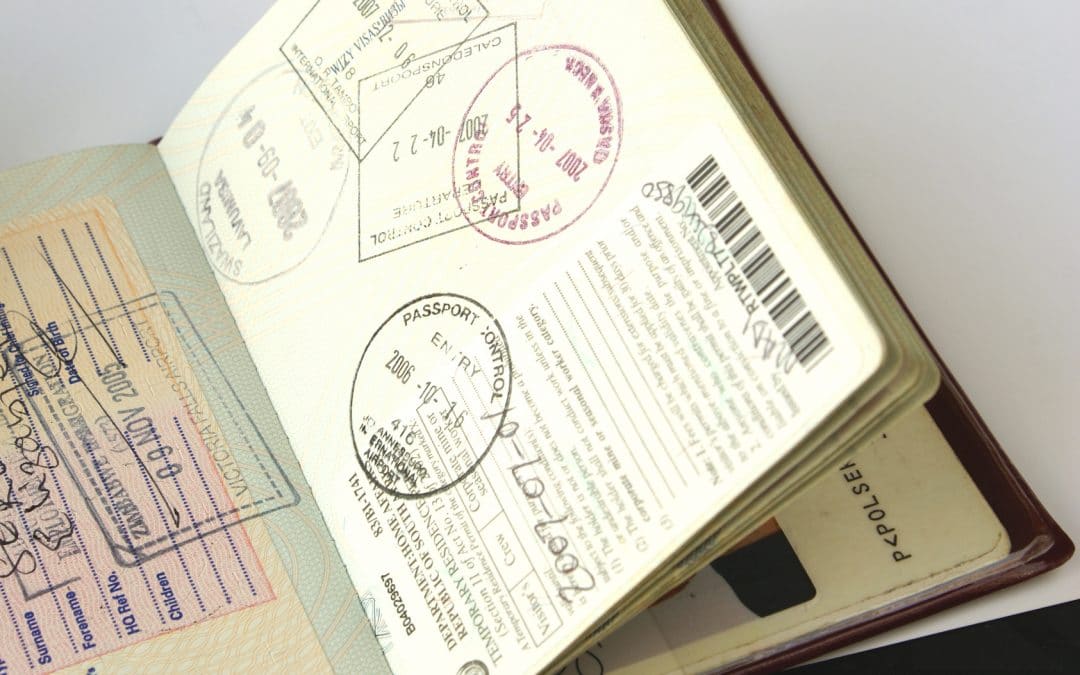Last Friday, on the 29th of September, we had the privilege of attending a webinar hosted by the Chief Director of Corporate Accounts at the Department of Home Affairs. The event centered around the second-quarter review of the critical skills list, which preceded the release of the updated critical skills list.
During the webinar, the Department offered valuable insights into the behind-the-scenes developments regarding the ongoing review of the critical skills list, the visa adjudication process, and common reasons for application rejections. Furthermore, they shed light on the steps being taken to implement the recommendations from Operation Vulindlela, a presidential initiative aimed at streamlining visa processes in alignment with the government’s economic goals. Here’s a summary of the key discussion points.
Changes to the Critical Skills List
As part of Operation Vulindlela’s recommendations, the critical skills list is now subject to regular updates to address the ever-evolving skills shortages in the country. Since its initial publication in February 2022, the list has undergone two amendments: one in August 2022 and another in October 2023. These updates have expanded the list to include more skills, with the latest additions encompassing categories like Veterinarians and Veterinary Nurses, raising the total number of listed critical skills from 101 to 142.
Notable changes also include an exemption for University Lecturers from registering with SACE (South African Council for Educators), a body that doesn’t typically register lecturers. However, they will still be required to register with a relevant professional body and obtain a skills confirmation letter tailored to their field. Universities will also be permitted to issue skills recommendation letters.
Another significant change is the inclusion of engineers registered as candidate engineers with ECSA (Engineering Council of South Africa) in the pool of applicants eligible for the critical skills work visa. Previously, only registered professional engineers and engineering technicians could apply, as ECSA exclusively issued skills confirmation letters to these designations. This shift aims to address the departure of skilled engineers from the country and attract more professionals to fill this gap.
High Number of Rejections
The Department noted that the past two years have witnessed a substantial increase in rejection rates for critical skills visa applications. In 2022 and 2023, the ratio of rejections to approvals reached its peak, with 1547 rejections compared to 303 approvals to date. The primary cause for these rejections stems from non-compliance with the requirements outlined in the latest critical skills list. To address this, the Department provided recommendations to mobility service providers attending the webinar, with the goal of reducing this rejection ratio.
The presentation concluded with a Q&A session, allowing service providers to seek answers to their specific challenges with the application process and address delays currently being experienced. We eagerly anticipate further engagements with the Department, as we believe these interactions will contribute to strengthening and enhancing the visa application processes and the overall experience of applicants.
Ready to Begin Your Visa Journey? Contact Us Today!
If you require assistance with your critical skills work visa application, please don’t hesitate to contact us today. Our team of experts is here to guide you through every step of the process, ensuring a smooth and successful visa application. Don’t miss out on the opportunity to advance your career and make a meaningful contribution to South Africa’s growth and development. Reach out to us now and take the first step towards your exciting future! We pride ourselves on being a reputable and experienced partner who understands that your immigration status profoundly impacts your life and livelihood.
Let us help you navigate the complexities and ensure your path is obstacle free

